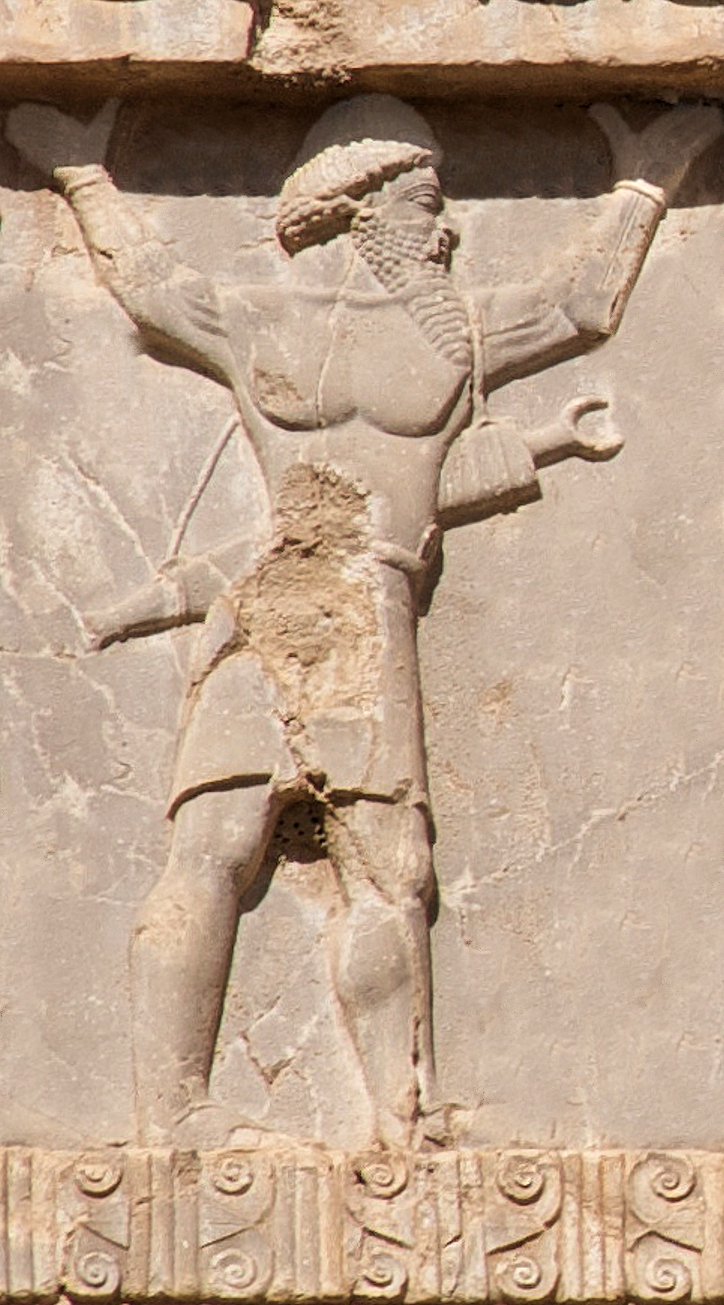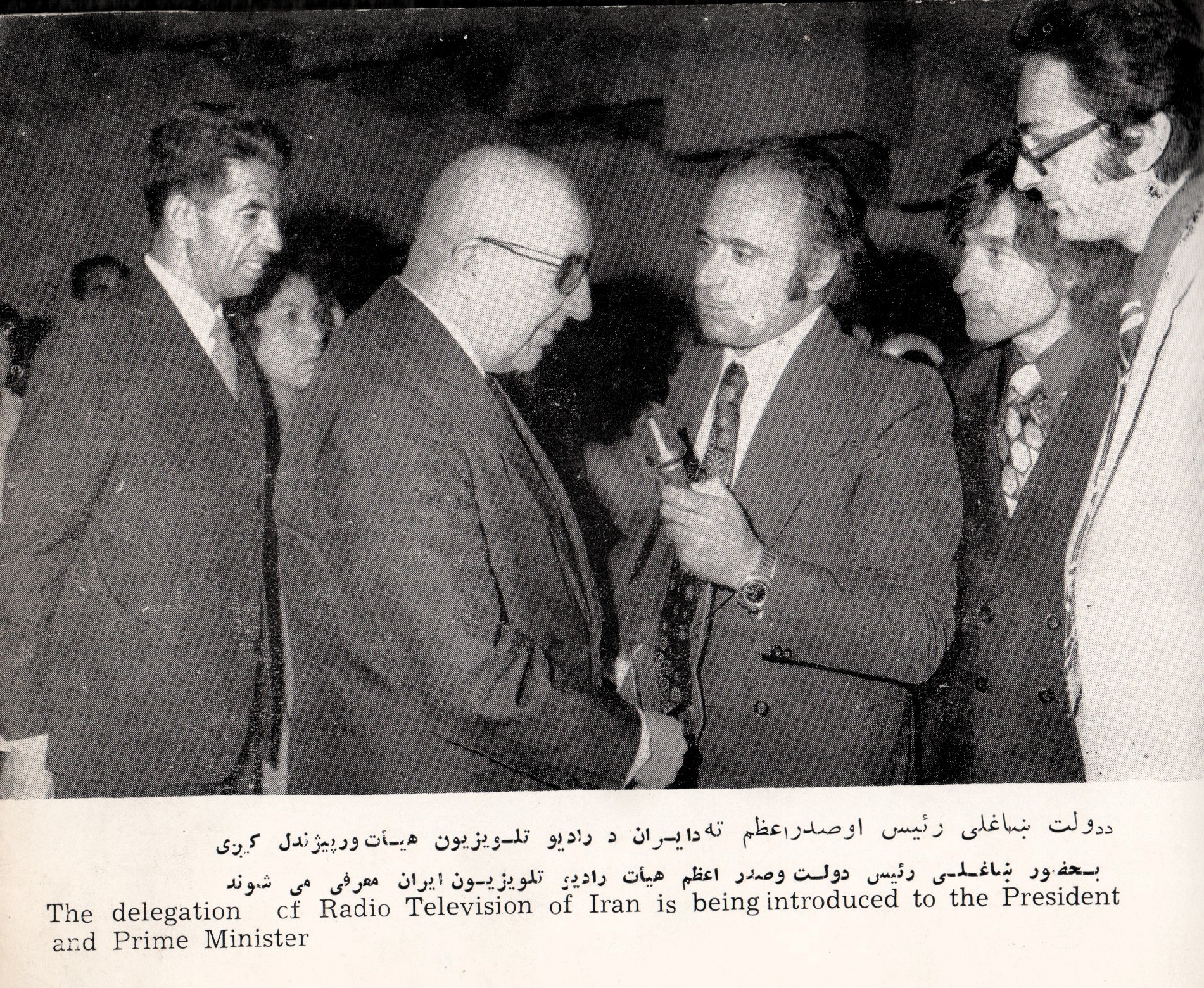|
Jirga
A jirga ( ps, جرګه, ''jərga'') is an assembly of leaders that makes decisions by consensus according to Pashtunwali, the Pashtun social code. It is conducted in order to settle disputes among the Pashtuns, but also by members of other ethnic groups who are influenced by them in present-day Afghanistan and Pakistan. Historically, a ''loya jirga'' or a "great council" has been convened in order to elect a new head of state, approve a new constitution or resolve critical issues. ''Loya jirgas'' have reportedly been organized since the rise to power of the Hotak dynasty in the early 18th century. In July 1747, Afghan chiefs assembled in Kandahar to elect a new king, choosing the 25-year-old Ahmad Shah Durrani, who is credited with founding the modern state of Afghanistan. From 11 to 14 March 2022, the inaugural meeting of the Pashtun National Jirga was held in Bannu, Khyber Pakhtunkhwa to discuss the critical issues faced by the Pashtuns in Pakistan and Afghanistan. Etymology ... [...More Info...] [...Related Items...] OR: [Wikipedia] [Google] [Baidu] |
Pashtun National Jirga
The inaugural meeting of the Pashtun National Jirga (PNJ; ps, پښتون قامي جرګه), also known as the Bannu Jirga (), was held at Mirakhel Cricket Ground in Bannu, Khyber Pakhtunkhwa from 11 to 14 March 2022 to discuss the critical issues faced by the Pashtuns in Pakistan and Afghanistan. It was attended by about 5,000 delegates, including politicians, tribal chiefs, researchers, clerics, religious minorities, women and human rights activists. Mahmood Khan Achakzai, Nawab Ayaz Jogezai, Muhammad Khan Achakzai, Abdul Rahim Ziaratwal, Abdul Qahar Wadan, Obaidullah Babat, Nasrullah Zayrai and Arfa Siddiq of the Pashtunkhwa Milli Awami Party (PMAP), Manzoor Pashteen, Mir Kalam, Sanna Ejaz and Wranga Loni of the Pashtun Tahafuz Movement (PTM), Mohsin Dawar, Latif Afridi, Afrasiab Khattak, Basheer Matta, Bushra Gohar and Jamila Gilani of the National Democratic Movement (NDM), Khadim Hussain and Maulana Khanzeb of the Awami National Party (ANP), Afzal Khamosh of the Mazd ... [...More Info...] [...Related Items...] OR: [Wikipedia] [Google] [Baidu] |
Taliban
The Taliban (; ps, طالبان, ṭālibān, lit=students or 'seekers'), which also refers to itself by its state (polity), state name, the Islamic Emirate of Afghanistan, is a Deobandi Islamic fundamentalism, Islamic fundamentalist, militant Islamism, Islamist, Jihadism, jihadist, and Pashtun nationalism, Pashtun nationalist political movement in Afghanistan. It ruled approximately three-quarters of the country Islamic Emirate of Afghanistan (1996–2001), from 1996 to 2001, before being overthrown following the United States invasion of Afghanistan, United States invasion. It Fall of Kabul (2021), recaptured Kabul on 15 August 2021 after nearly 20 years of Taliban insurgency, insurgency, and currently controls all of the country, although its government has Recognition of the Islamic Emirate of Afghanistan, not yet been recognized by any country. The Taliban government has been criticized for restricting human rights in Afghanistan, including the right of women in Afgh ... [...More Info...] [...Related Items...] OR: [Wikipedia] [Google] [Baidu] |
Pashtuns
Pashtuns (, , ; ps, پښتانه, ), also known as Pakhtuns or Pathans, are an Iranian ethnic group who are native to the geographic region of Pashtunistan in the present-day countries of Afghanistan and Pakistan. They were historically referred to as Afghans () or xbc, αβγανο () until the 1970s, when the term's meaning officially evolved into that of a demonym for all residents of Afghanistan, including those outside of the Pashtun ethnicity. The group's native language is Pashto, an Iranian language in the Indo-Iranian branch of the Indo-European language family. Additionally, Dari Persian serves as the second language of Pashtuns in Afghanistan while those in the Indian subcontinent speak Urdu and Hindi (see Hindustani language) as their second language. Pashtuns are the 26th-largest ethnic group in the world, and the largest segmentary lineage society; there are an estimated 350–400 Pashtun tribes and clans with a variety of origin theories. The total popul ... [...More Info...] [...Related Items...] OR: [Wikipedia] [Google] [Baidu] |
Hamid Karzai
Hamid Karzai (; Pashto/ fa, حامد کرزی, , ; born 24 December 1957) is an Afghan statesman who served as the fourth president of Afghanistan from July 2002 to September 2014, including as the first elected president of the Islamic Republic of Afghanistan from December 2004 to September 2014. He previously served as Chairman of the Afghan Interim Administration from December 2001 to July 2002. He is the chief (''khān'') of the Popalzai Durrani tribe of Pashtuns in Kandahar Province. Born in Kandahar, Karzai graduated from Habibia High School in Kabul and later received a master's degree in India in the 1980s. He moved to Pakistan where he was active as a fundraiser for the Afghan rebels during the Soviet–Afghan War (1979–1989) and its aftermath. He briefly served as Deputy Foreign Minister in the Islamic State of Afghanistan government. In July 1999, Karzai's father was assassinated and Karzai succeeded him as head of the Popalzai tribe. In October 2001 the United ... [...More Info...] [...Related Items...] OR: [Wikipedia] [Google] [Baidu] |
Bannu
Bannu ( ps, بنو, translit=banū ; ur, , translit=bannū̃, ) is a city located on the Kurram River in southern Khyber Pakhtunkhwa, Pakistan. It is the capital of Bannu Division. Bannu's residents are primarily members of the Banuchi tribe and speak Banuchi (Baniswola) dialect of Pashto which is similar to the distinct Waziristani dialect. Total 5 Tehsil in Bannu. The major industries of Bannu are cloth weaving, sugar mills and the manufacturing of cotton fabrics, machinery and equipment. It is famous for its weekly ''Jumma'' fair. The district forms a basin drained by the Kurram and Gambila (or Tochi) rivers. Etymology According to the philologist Michael Witzel, the city was originally known in Avestan as ''Varəna'', from which its modern name derives. The ancient Sanskrit grammarian, Pāṇini, recorded its name as ''Varṇu''. During the 6th century BCE, the basin around Bannu was known as ''Sattagydia'' ( Old Persian: 𐎰𐎫𐎦𐎢𐏁 ''Thataguš'', country of ... [...More Info...] [...Related Items...] OR: [Wikipedia] [Google] [Baidu] |
Mohammed Daoud Khan
Mohammed Daoud Khan ( ps, ), also romanized as Daud Khan or Dawood Khan (18 July 1909 – 28 April 1978), was an Afghan politician and general who served as prime minister of Afghanistan from 1953 to 1963 and, as leader of the 1973 Afghan coup d'état which overthrew the monarchy, served as the first president of Afghanistan from 1973 to 1978, establishing an autocratic one-party system. Born into the Afghan royal family and addressed by the prefix "Sardar", Khan started as a provincial governor and later a military commander before being appointed as Prime Minister by his cousin, King Mohammed Zahir Shah. Having failed to persuade the King to implement a one-party system, Khan overthrew the monarchy with the backing of Afghan Army officers, and proclaimed himself the first President of the Republic of Afghanistan. Khan was known for his autocratic rule, and for his educational and progressive social reforms. Under his regime, he headed a purge of communists in the governme ... [...More Info...] [...Related Items...] OR: [Wikipedia] [Google] [Baidu] |
Khyber Pakhtunkhwa
Khyber Pakhtunkhwa (; ps, خېبر پښتونخوا; Urdu, Hindko: خیبر پختونخوا) commonly abbreviated as KP or KPK, is one of the Administrative units of Pakistan, four provinces of Pakistan. Located in the Geography of Pakistan, northwestern region of the country, Khyber Pakhtunkhwa is the smallest province of Pakistan by land area and the Demographics of Pakistan, third-largest province by population after Punjab, Pakistan, Punjab and Sindh. It shares land borders with the Pakistani provinces of Balochistan, Pakistan, Balochistan to the south, Punjab, Pakistan, Punjab to the south-east and province of Gilgit-Baltistan to the north and north-east, as well as Islamabad Capital Territory to the east, Azad Jammu and Kashmir, Autonomous Territory of Azad Jammu and Kashmir to the north-east. It shares an Durand Line, international border with Afghanistan to the west. Khyber Pakhtunkhwa is known as a tourist hot spot for adventurers and explorers and has a varied landsca ... [...More Info...] [...Related Items...] OR: [Wikipedia] [Google] [Baidu] |
Mohammed Zahir Shah
Mohammed Zahir Shah (Pashto/Dari: , 15 October 1914 – 23 July 2007) was the last king of Afghanistan, reigning from 8 November 1933 until he was deposed on 17 July 1973. Serving for 40 years, Zahir was the longest-serving ruler of Afghanistan since the foundation of the Durrani Empire in the 18th century. He expanded Afghanistan's diplomatic relations with many countries, including with both sides of the Cold War. In the 1950s, Zahir Shah began modernizing the country, culminating in the creation of a new constitution and a constitutional monarchy system. Demonstrating nonpartisanship, his long reign was marked by peace in the country that was lost afterwards. In 1973, while Zahir Shah was undergoing medical treatment in Italy, his regime was overthrown in a coup d'état by his cousin and former prime minister, Mohammed Daoud Khan, who established a single-party republic, ending more than 225 years of continuous monarchical government. He remained in exile near Rome until 2002 ... [...More Info...] [...Related Items...] OR: [Wikipedia] [Google] [Baidu] |
Pashtunwali
Pashtunwali or Pakhtunwali ( ps, پښتونولي) is the traditional lifestyle and is best described as a code of honor of the Pashtun people, by which they live. Scholars widely have interpreted it as being "the way of the Afghans" or "the code of life". Pashtunwali is widely practised by Pashtuns in the Pashtun-dominated regions. Pashtunwali dates back to ancient pre-Islamic times. Overview The native Pashtun tribes, often described as fiercely independent people, have inhabited the Pashtunistan region (eastern Afghanistan and northwestern Pakistan) since at least the 1st millennium BC. During that period, much of their mountainous territory has remained outside government rule or control. Pashtun resistance to outside rule and the terrain they reside in is sometimes speculated to be why Indigenous Pashtuns still follow the "code of life". Pashtunwali rules are accepted in Afghanistan and Pakistan, and also in some Pashtun communities around the world. Some non-Pashtun Afgh ... [...More Info...] [...Related Items...] OR: [Wikipedia] [Google] [Baidu] |
Ahmad Shah Durrani
Ahmad Shāh Durrānī ( ps, احمد شاه دراني; prs, احمد شاه درانی), also known as Ahmad Shāh Abdālī (), was the founder of the Durrani Empire and is regarded as the founder of the modern Afghanistan. In July 1747, Ahmad Shah was appointed as King of the Afghans by a ''loya jirga'' in Kandahar, where he set up his capital. Primarily with the support of the Pashtun tribes, Ahmad Shah pushed east towards the Mughal and Maratha Empires of India, west towards the disintegrating Afsharid Empire of Iran, and north towards the Khanate of Bukhara of Turkestan. Within a few years, he extended his control from Khorasan in the west to North India in the east, and from the Amu Darya in the north to the Arabian Sea in the south. Soon after accession, Ahmad Shah adopted the epithet ''Shāh Durr-i-Durrān'', "King, Pearl of Pearls", and changed the name of his Abdali tribe to "Durrani" after himself. The Tomb of Ahmad Shah Durrani is located in the center of Kan ... [...More Info...] [...Related Items...] OR: [Wikipedia] [Google] [Baidu] |
Shura
Shura ( ar, شُورَىٰ, translit=shūrā, lit=consultation) can for example take the form of a council or a referendum. The Quran encourages Muslims to decide their affairs in consultation with each other. Shura is mentioned as a praiseworthy activity often used in organizing the affairs of a mosque, Islamic organizations, and is a common term involved in naming parliaments. In the 21st century, some emerging scholars are now advocating the infusion of Shura with digital technology as a means to enhance participatory governance or E-Governance among Muslims for state- and community-building purposes. Shura in Islam Sunni Muslims believe that Islam requires decisions made by the Muslim societies to be made by shura of the Muslim community. Traditionally however, the amir, sultan or caliph would consult with his wazirs (ministers) and make a decision, after taking into consideration their opinions. Shia Muslims say that Islam requires submission to existing rulers if the ... [...More Info...] [...Related Items...] OR: [Wikipedia] [Google] [Baidu] |







